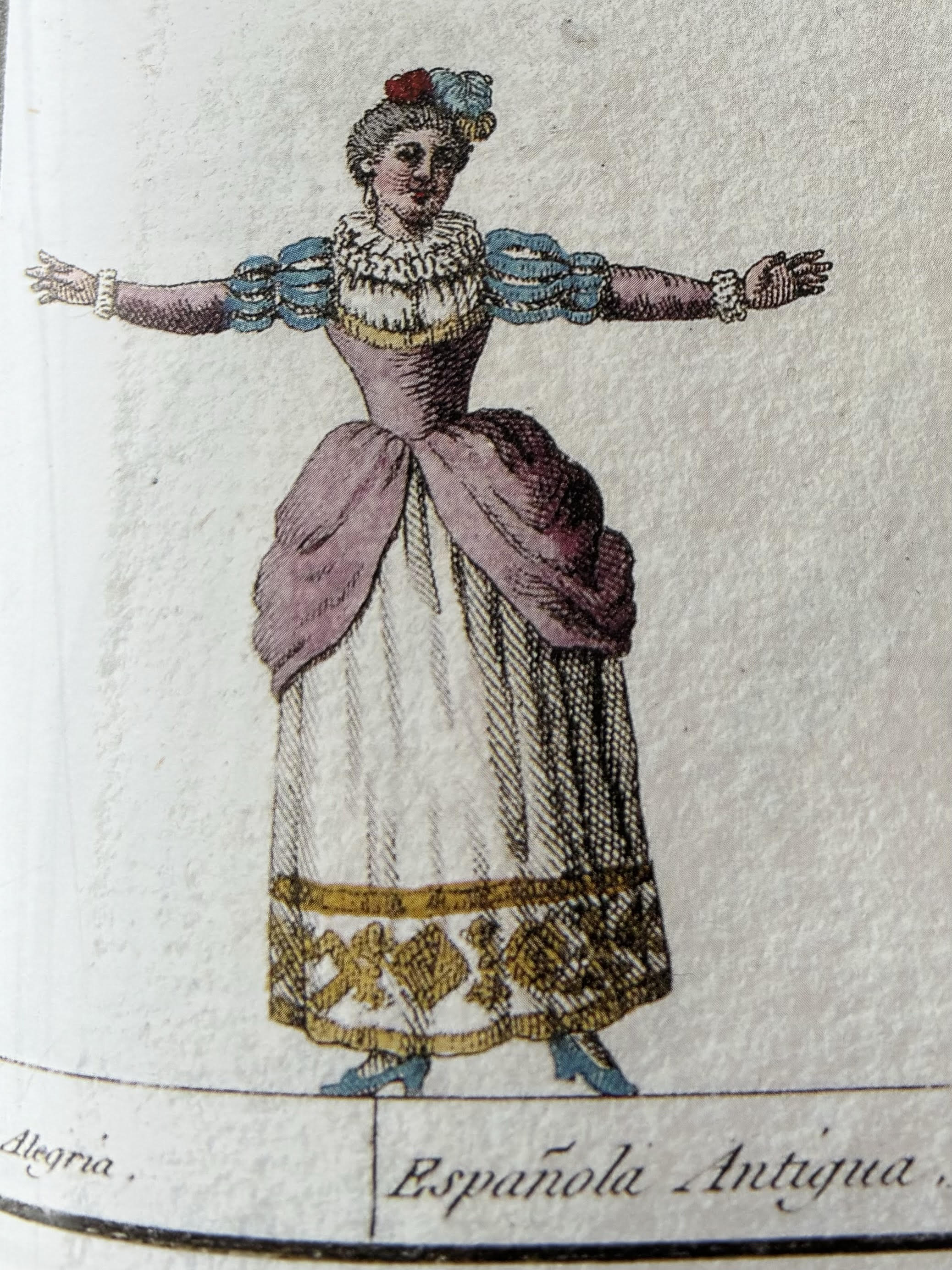Acting in Spain in the 18th and 19th Century: Moral, Aesthetic, Sociological, and Political Issues
DOI:
https://doi.org/10.62336/unibg.eac.33.532Keywords:
Acting Theory in Europe, Enlightenment and Romanticism, Theatrical Controversies, Theatrical Reforms, Spanish TheatreAbstract
In eighteenth-century Spain, theatre and acting underwent major transformations linked to the neoclassical aesthetic movement. La Poética de Luzán (1737) criticized actors' performances, but the Enlightenment reacted against this vision. A controversy arose between the Church, the actors, and the civil authorities. Father Gaspar Díaz condemned comedy in his Consulta teológica (1740), while Manuel Guerrero, an actor, defended it in 1743. Despite the criticism, theatres, particularly in Madrid, remained popular, attracting passionate and influential spectators such as the mosqueteros. Actresses became icons, influencing fashion and society. The debate on acting pitted realism against histrionics. Actors' mimetic skills were admired, placing the emphasis on the performer rather than the character. In the second half of the eighteenth century, comedians rehabilitated their profession, changing their names and claiming to be historical and religious figures. Nationalism emerged during the War of Independence, reinforcing Spanish theatrical identity. The support of the Bourbon and Enlightenment governments favored the theatre, with educational reforms for actors and the creation of acting schools. Thus, the eighteenth century saw the transformation and revaluation of theatre and acting in Spain, paving the way for new, more professional, and dignified perspectives in the nineteenth century.

Downloads
Published
How to Cite
Issue
Section
License
Copyright (c) 2024 Elephant & Castle

This work is licensed under a Creative Commons Attribution 4.0 International License.





